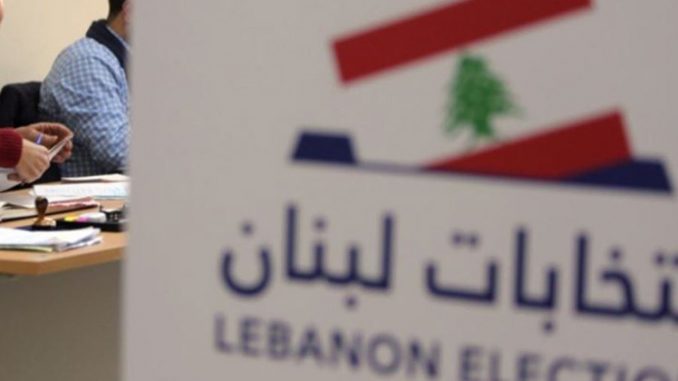
Waiting for the official results, the preliminary turnout figure of 41.04 percent on Monday presupposes a low voting rate in Lebanon’s parliamentary elections.
Data revealed so far by the Ministry of Interior and Municipalities show a decline of more than eight percentage points compared to 2018 (49.7 percent), although the turnout rate of the Lebanese diaspora increased from 56 percent to 63.5 percent.
Reports stated that the political scenario did not vary much from that held four years ago with the communicational hegemony of the traditional parties and the difference was marked by the Sunni decline following the withdrawal from the race of former Prime Minister Saad Hariri and the Future Movement party.
According to Hosam Matar, a researcher in Middle East regional issues and European studies, the results are not surprising and their implications are clear for a balance of power in Lebanon “that is political, popular, electoral and external at the same time.”
Lebanese citizens cast their vote on Sunday for their 128 representatives of a legislature equally divided between Christians and Muslims.
Lebanon convened the parliamentary elections in December 2021 and dragged the process into a political and social debt: the protests of 2019 and the explosion in Beirut’s port in August 2020 that caused more than 200 dead.
Prensa Latina

Be the first to comment